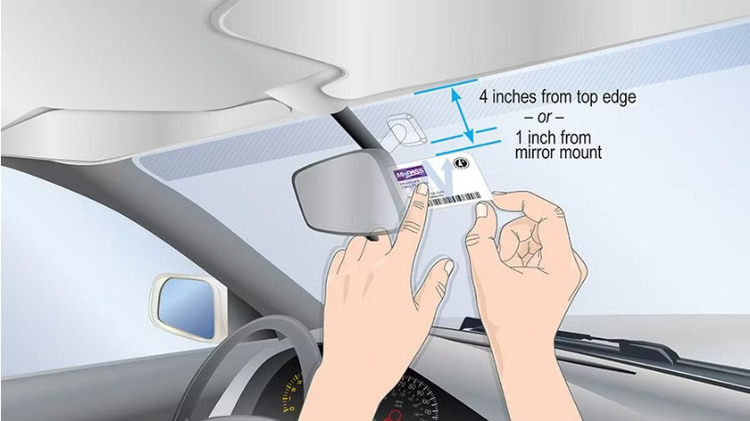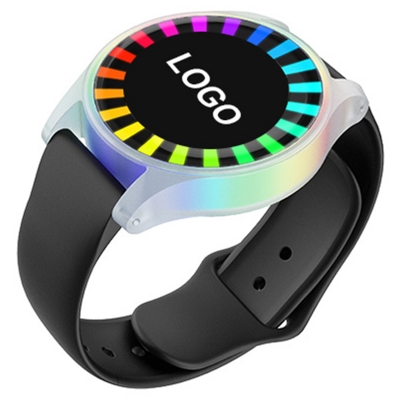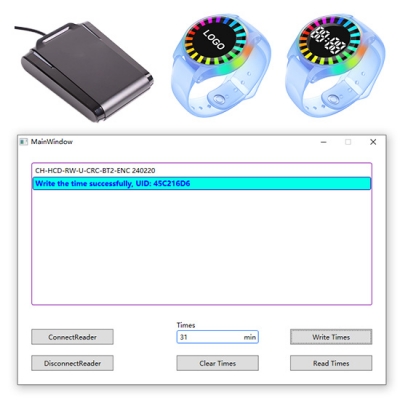To address these challenges, RFID technology emerges as a promising solution, offering a novel approach and methods. By embedding passive RFID tags, such as RFID garbage tracking worm bin tags, within waste bins, it becomes possible to digitize the identity of each bin and monitor their status in real-time. Accompanied by reader devices installed on waste transport vehicles and processing facilities, this technology enables efficient monitoring throughout the waste management process.

In the waste collection phase, real-time monitoring records bin capacity, waste types, and weight, transmitting this data to a management system. This enables automatic triggering of platform alarms for exceptional scenarios such as overflowing or misplaced bins. During waste clearance, leveraging RFID data and path-planning algorithms, the system generates optimized collection routes to minimize empty trips, ensuring timely and secure delivery of waste to processing facilities. Furthermore, during waste processing, precise identification of waste types and sources facilitates accurate classification, improving resource recycling efficiency and quality while preventing mixing and illegal dumping.
In the domain of traffic governance, RFID technology plays a vital role in addressing the drawbacks of conventional traffic management methods. Traditional approaches heavily rely on manual operations and simplistic monitoring devices, resulting in inefficiency, inaccurate data, and poor real-time capabilities, making it difficult to respond promptly to unforeseen situations.
RFID technology revolutionizes traffic management by overcoming the limitations of traditional license plate recognition techniques. In the realm of trusted vehicle identification, the electronic license plate system utilizes encrypted RFID tags, such as RFID windshield tags, to establish unique vehicle identities, effectively combating illegal vehicle activities. During vehicle movement, the RFID system rapidly identifies vehicle identities and automatically registers relevant information, collecting real-time data on vehicle speed and location. This data builds a traffic flow status model, enabling traffic management departments to dynamically adjust signal control systems based on real-time data, optimizing traffic flow distribution and alleviating peak-hour congestion.

From waste bins to traffic lights, from sanitation vehicles to highways, RFID technology is weaving a network of perceptions, covering every aspect of urban life.
For information on how our RFID solutions can revolutionize your waste management and traffic governance, please visit www.rfidcardfactory.com or contact us at sales@mhgyj.com.














